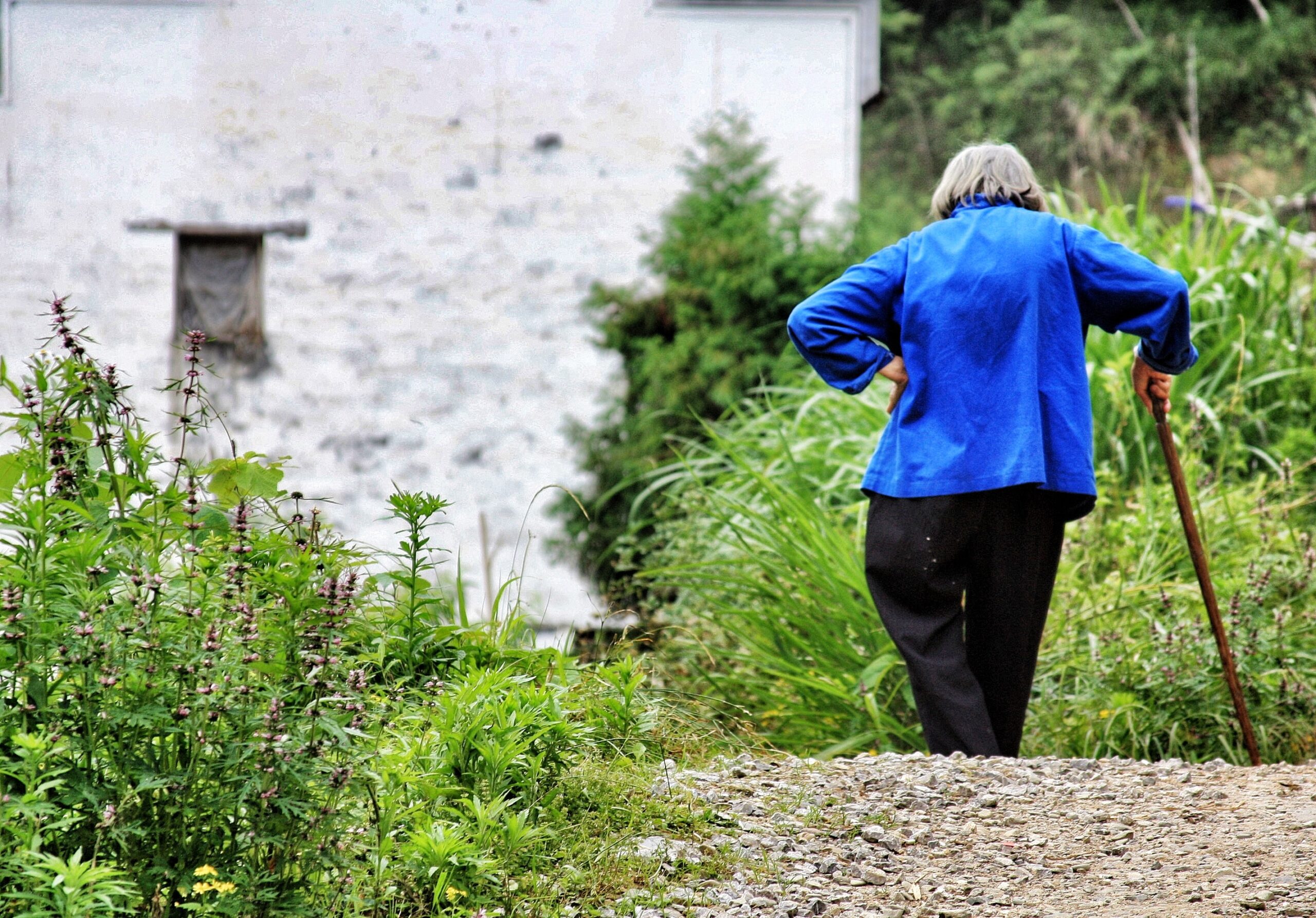Home care attendants demand shorter work hours

Photo by Chastagner Thierry/unsplashed.com
BOROUGHWIDE — Home care attendants, who do the backbreaking work of taking care of the elderly and frail and who often work long hours for low pay, say they’ve had enough.
A group of home care workers is fighting to change state law to put a cap on the number of hours they would be required to work in a week. Under the current system, attendants often work shifts that last for 24 hours straight.
Making matters worse, according to advocates for home care attendants, workers are sometimes not paid for the full number of hours they work. After a 24-hour shift, workers often are only paid for 13 hours of labor, because state labor laws factor in sleeping and meal time, though often the attendants do not get the time budgeted for their breaks.